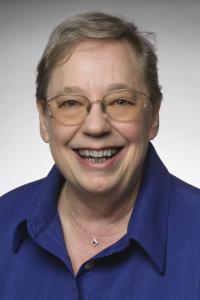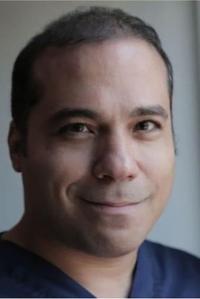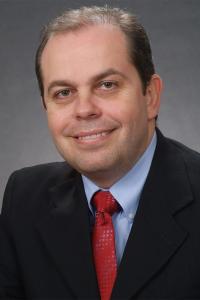Columbia College of Dental Medicine Launches New Master’s Degree Program
The Columbia University College of Dental Medicine has launched a new research-oriented degree program: The Master of Science in Oral Sciences is designed for US- and internationally-trained dentists and individuals who hold undergraduate degrees in the biological sciences and have an interest in scientific inquiry into the biological foundations of oral and craniofacial health.
The creation of the MS in Oral Sciences aligns with the College’s mission to equip graduate students with the analytical, experimental and translational skills they require to be well-positioned for a variety of career pathways, including academia, biomedical research, public health, or to enroll in doctoral or professional degree programs. The new degree program leverages the College's ability to provide education that extends beyond pure dental science.
Letty Moss-Salentijn, DDS, PhD, CDM’s vice dean for curricular innovation and interprofessional education and chief architect of the new program, says that students will be immersed in a rigorous course of didactic learning coupled with laboratory experience. The field of oral and craniofacial research is rapidly evolving. As researchers investigate and find connections between oral health and systemic disease, Dr. Moss-Salentijn says that it is essential to train students to be able to bridge traditional disciplinary boundaries. With its strong foundation in biomedical sciences, rooted in CDM’s existing research strength and the broader environment of Columbia University Irving Medical Center, this new master’s program places students squarely at the intersection of oral biology, translational research, and public health impact.
“Scientific discovery is the foundation of progress in oral health,” Dr. Moss-Salentijn says. “Our new master’s program gives students the tools to explore, question, and innovate."
The one-year program is structured to provide a rigorous grounding in foundational and advanced oral-craniofacial biology, followed by independent research, culminating in a thesis. Graduates will be prepared not only to understand and investigate the complexities of oral disease, but also to frame scientific questions, apply modern experimental techniques, interpret data critically, and publish results. Students with aspirations to pursue either doctoral research or clinical specialization, both within and outside of the field of oral health, may be able to use the Master of Oral Sciences as a meaningful steppingstone that encourages independent inquiry, builds publication-ready experience, and supports the development of an investigator mindset.
“Our goal in creating the Master of Oral Sciences is to provide a bridge between the bench and the clinic,” Dr. Moss-Salentijn says. “We expect to train scientists who understand not only oral biology but its connection to overall health.”



